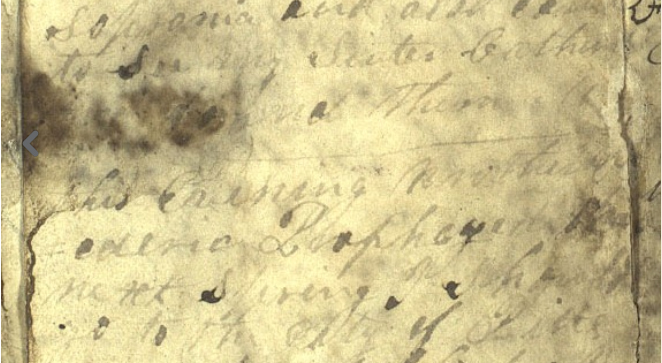Like many of us, Joseph Smith struggled to keep a consistent journal. But what he wrote in his 1832–1834 journal can tell us much about him.
Church leaders often counsel us to keep a faithful record of our lives. President Spencer W. Kimball instructed the youth to keep a journal, explaining, “angels may quote from it for eternity.”
Most of us struggle with this counsel. Finding time to write is difficult amid the chaos of life. And there’s the added pressure of writing something that won’t be embarrassing when your great-grandchildren (or angels) read it.
In light of this, it’s a relief to learn that Joseph Smith also struggled to keep a journal. Joseph began his 1832–1834 diary by saying he would “keep a minute account of all things.” This plan turns out to be overly optimistic—after 10 days of daily entries, he doesn’t write for 10 months.
Furthermore, much of the journal is filled with everyday events. For example, on December 4, 1832, Joseph Smith records, “This day I have been unwell. Done but little.” Other times he writes about his love and concern for his family. The mundaneness of these entries is a good reminder that Joseph was a person as well as a prophet.
There are also reminders of Joseph’s prophetic calling. Many of his entries are prayers or reports of miracles. Other entries turn into prophecies, as when he testifies, “Blessed is my mother, for her soul is ever filled with benevolence and philanthropy, and notwithstanding her age yet she shall receive strength.”
Along with the everyday entries and the prophecies, Joseph’s journal provides plenty of evidence of both his spirituality and his humanity. As we read Joseph’s journal, we are reminded that regardless of our struggle with consistency, we can still be inspired to new heights of spirituality through journaling.
Read Joseph Smith’s journal, 1832–1834.
Source: Joseph Smith Papers
—Marissa Compton, Mormon Insights


